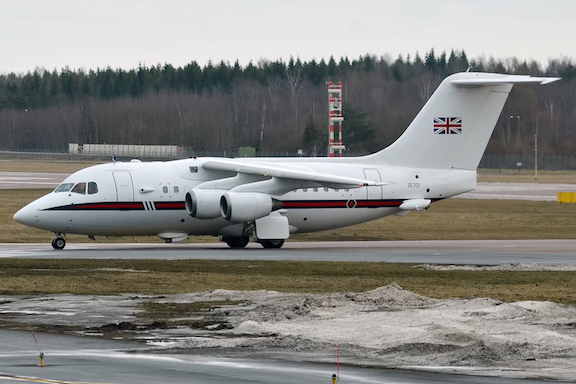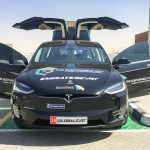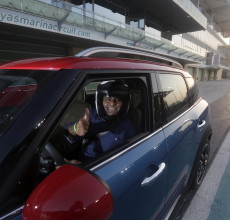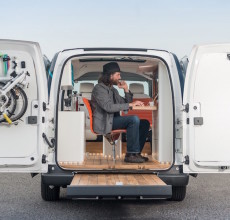The airplane is a Faraday’s cage and that is the reason why it is safe even when it gets several times by lightning (powerful electricity) throughout its flight. Now, we are talking about planes that fly on electric power: as below, so above.
Commercial planes account for about 2% of carbon emissions that contribute to climate change. That makes a case for electric, and as with cars, hybrids are the more immediate solution in airplanes as well, with the same modus operandi of engaging a gasoline-based engine during take off and climbing phases where additional power is required.
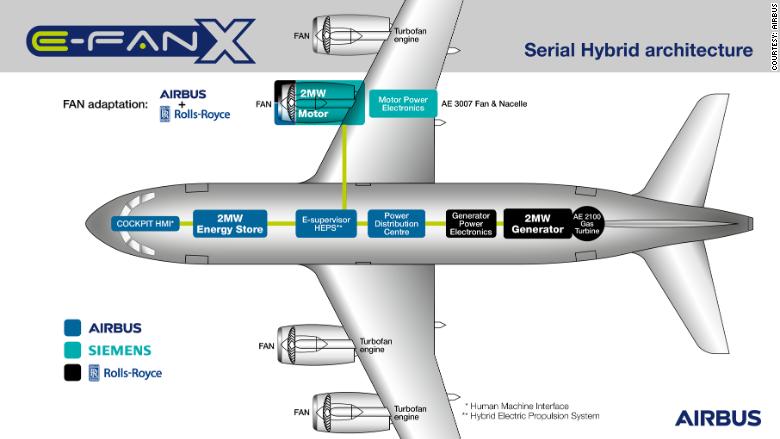
Airbus, Rolls-Royce and Siemens are joining hands in a project called E-Fan X, to create a hybrid airplane by 2020. It will be based on a modified 100-seat BAe146 regional aircraft. While the initial plan will be to replace one of the aircraft’s four engines with a 2-megawatt electric motor, a successful test could initiate another such swap.
Besides the trio, EasyJet is working with U.S. startup Wright Electric; Boeing and BlueJet with a Seattle-based startup Zunum. They believe the commercial airliner could be airborne in 2022.

